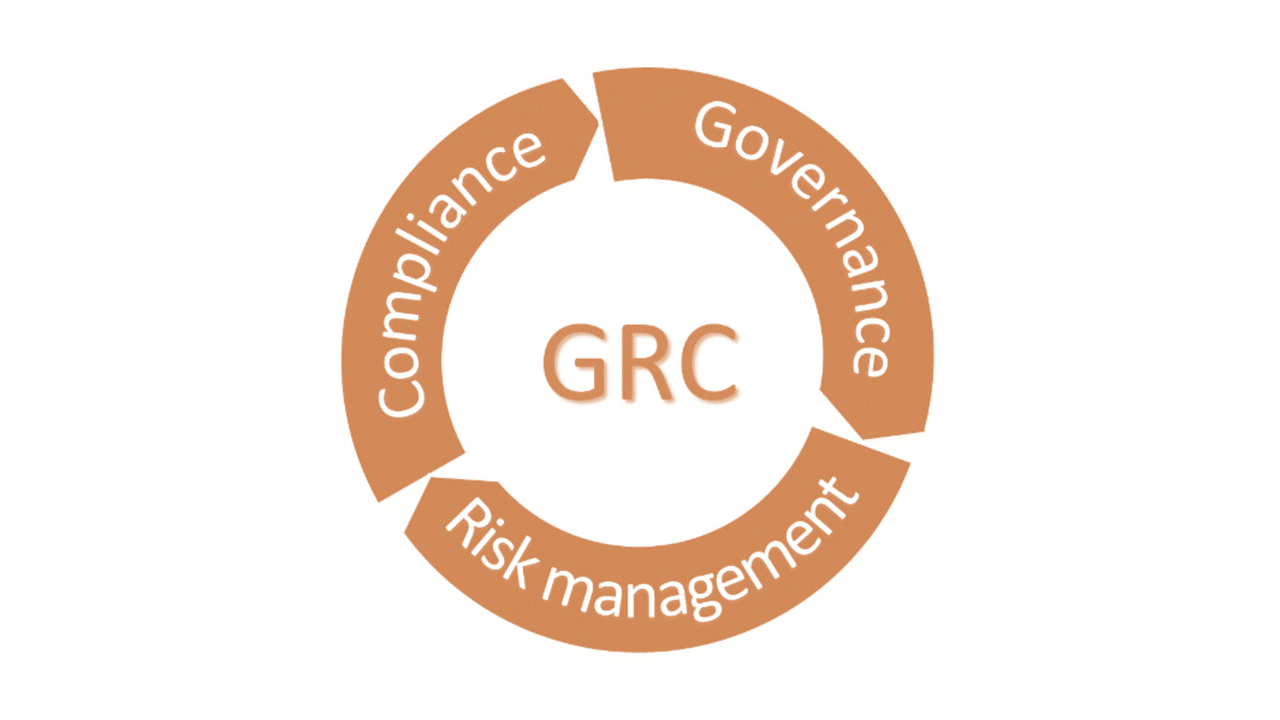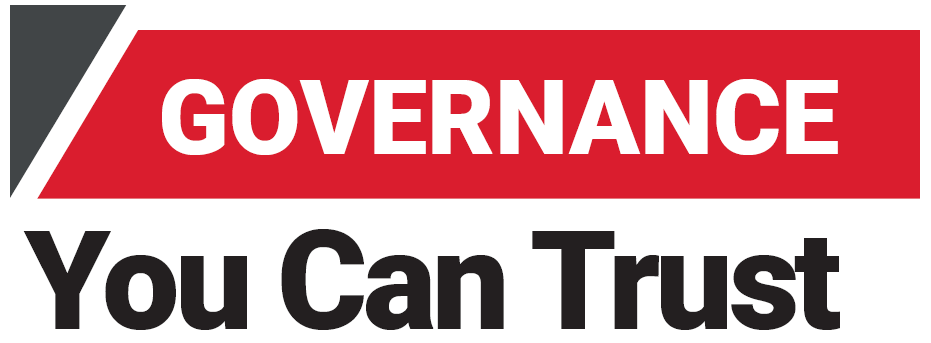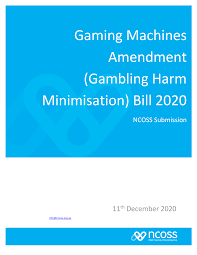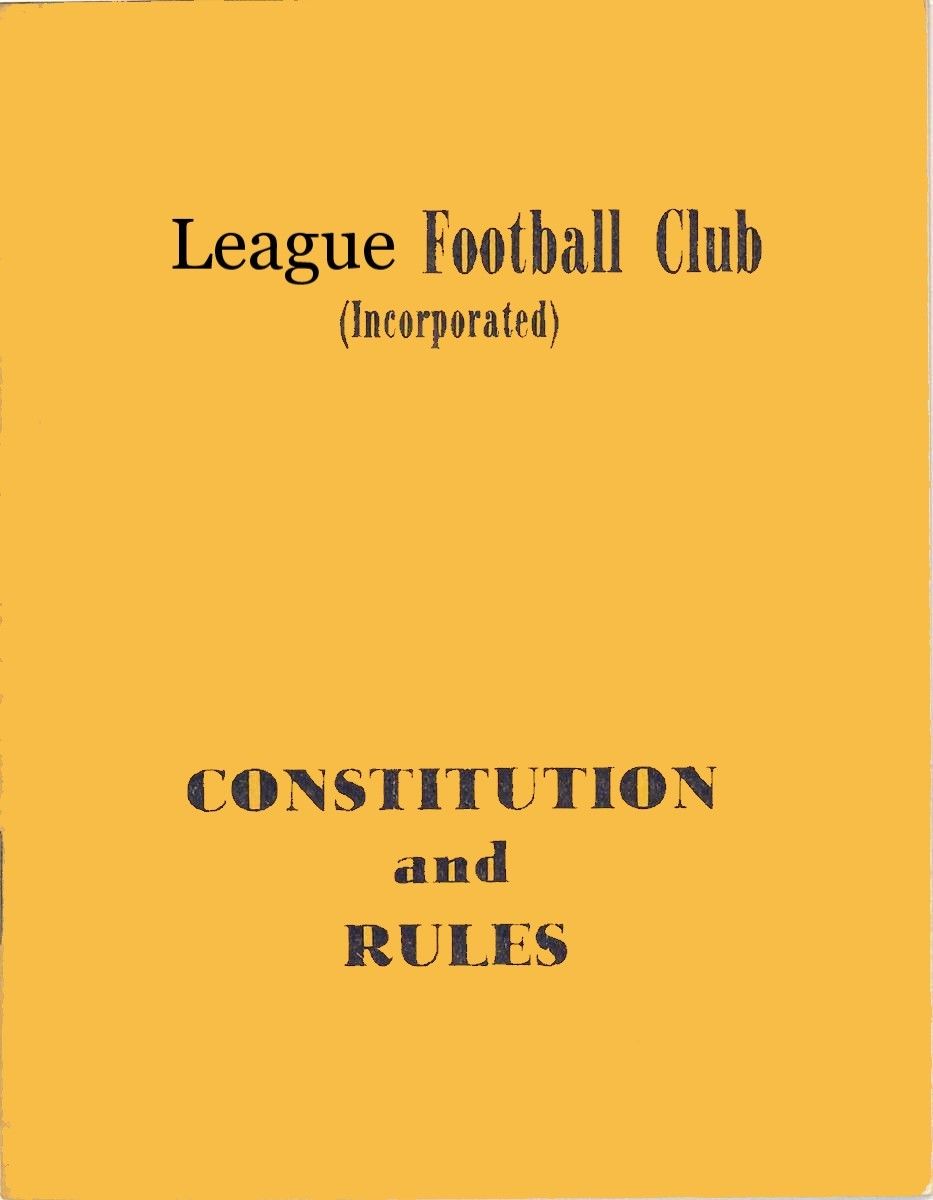Compliant or Non-Compliant?
Who the heck thinks about compliance when we are struggling in a COVID-19 impacted world?

Hospitality like many other sectors is swamped with compliance issues. Depending on your sector, you will have more compliance pressures than others. And who the heck thinks about compliance when we are struggling to find staff, keep staff and even trade at all with changing requirements in a COVID-19 impacted world?
Cafes and restaurants probably have the lightest load, as they don’t usually have gaming or wagering as part of their offering. So, if you have a liquor licence then on top of any Food Safety Supervisor requirement, HACCP (Hazard Analysis of Critical Control Points) is an option whilst Liquor Licensing requirements will be mandatory on a state by state basis.
If you are a club or pub, depending on the state you operate in, you will have gaming and/or wagering and that brings additional compliance requirements, over and above the food safety side of things mentioned above for cafes and restaurants.
Each state has it’s own requirements for a heck of a lot of other legislation that you need to comply with, whether or not you are aware of them, and this is where some businesses get caught out. Just simple pay rates are a minefield, as Coles discovered for a second time in early December 2021 when it was discovered that they had ‘underpaid 7,800 employees more than $115 million’ as alleged by the Fair Work Ombudsman. (Source - https://www.abc.net.au/news/2021-12-02/coles-underpays-7800-employees-more-than-115-million-allegedly/100669200)
This following revelations in February 2020 that ‘Coles says it has underpaid staff in its supermarket and liquor stores and has set aside $20 million to pay back employees’. (Source - https://www.abc.net.au/news/2020-02-18/coles-underpays-employess-20-million-review-reveals/11974984)
And this blew out a few months later to ‘Coles workers have launched a class action that claims the supermarket giant allegedly underpaid staff over $150 million - more than six times the amount the company announced to the stock exchange earlier this year’. (Source - https://www.smh.com.au/business/workplace/coles-workers-claim-they-were-underpaid-150-million-in-new-class-action-20200514-p54suw.html)
And Coles is one of but a few of the big guys (including Woolworths, the ABC and Flight Centre) caught out with non-compliant pay rates for staff across the country, so what hope does a small café, restaurant, club or pub have in ensuring they do everything right?
Compliance Audit
A great starting point is for any business to appoint someone as their Compliance Officer, delegated the responsibility to review and address all their compliance requirements. For most small businesses, this will either be the owner or the owner’s family member (partner, son, daughter…) and they may not have the knowledge to do the job either. And will they allocate sufficient time to check everything out?
If you want to take it on yourself, then start by having a conversation with your accountant and lawyer, then chat to any industry body (ClubsNSW [or other state body], Club Managers Association, Restaurant & Catering Institute Australia, Australian Hotels Association etc.) and gather whatever industry specific information they can provide. They may have an audit checklist you can use to ensure you comprehensively cover all aspects you need to, to be fully compliant.
If all that sounds like too much hard work, or you don’t have the time or resources to do it for yourself, you can go to consultants (like me of course) and we can tackle it on your behalf. Because when you start to look at compliance, there are so many elements to it, including but not limited to:
Governance
X Business structure – company, sole trader etc.
X Policies and procedures – Constitution, Strategic Plan, Work Health & Safety, Procurement, Anti-Bullying and Harassment (to name but a few)
X Fiduciary compliance – Award rates, Business Activity Statement (BAS), Superannuation
X Crisis Management – Emergency, Business Continuity and/or Recovery plan, Cybersecurity, Armed Robbery Prevention
Risk Management
X Policy establishment with appetite and capacity parameters set
X Range of risks including Reputational, Environmental, Financial, Human Resources
X Insurances – yours and any contractors or lessees
Legislative Compliance
X State laws e.g. Food and Liquor Acts, Workers Compensation, Privacy etc.
X Commonwealth laws e.g. Food Standards, Work Health and Safety, Corporations Act and Anti Money Laundering/Counter Terrorism financing (AML/CTF – if applicable)
So it is not a quick and easy fix, just ensuring all this is in place and actually complies with all the legislation, will take some time. And PLEASE, do not re-invent the wheel! Don’t try and write your own policies and procedures etc., cause someone has already done it and an industry association, or a friendly competitor, can be asked to share a template, which you then contextualise to your own requirements.
Coal Face Compliance
This is the critical and often vitally essential next step in compliance. The easiest example for all to understand is around Responsible Service of Alcohol (RSA). Everyone who sells or supplies alcohol must have their RSA certification (I always keep mine current because you never when someone is going to ask you to jump behind a bar) to work in any hospitality venue (or retail outlet) that supplies alcohol. You can learn it face to face in a training session with a registered training organisation (RTO) or do it online via an accredited RTO providing the same information live, online, anytime.
And in NSW the State Government provides the Online re-accreditation course, which must be refreshed every five (5) years, to maintain ‘currency’. But that is the easy bit, as once you have your accreditation, it is about applying it at the coal face.
Once you have your RSA and you start working in a venue that sells alcohol, the attention to not serving minors, ensuring patrons never ‘approach intoxication on the premises’ and sending anyone who is ‘off tap’ (cut off due to approaching intoxication) gets sent home, in a responsible and safe manner.
Here is where compliance can fall off a cliff! Here are some quotes I have personally experienced in venues I have worked in over the past 46 years of involvement in hospitality –
X Oh don’t worry about Joe*, he just lives around the corner and drives himself home every night…. (when he has been let get absolutely smashed)
X Sally* only comes in Friday and Saturday night and has a really stressful job, so she lets her hair down. Yeah, she’s fine
X I’m a director of this club, so you just pour me another beer love, and we’ll forget you said anything about going home…….
* Names changed
Regardless of all the rules and regulations, trained staff or house policies in place, unless the management enforce, or indeed re-enforce the compliance of RSA, you can get a strike against you, or your venue more specifically.
Compliance knows no friends – there can be no exceptions, variations or blindness – when the penalties for breaches can be so massive. AML/CTF particularly has huge penalties if you breach the rules and are caught doing so. For example, the maximum penalty for an individual who breaches the AML/CTF legislation can be 20,000 penalty units (units range in value from $110 - $222 depending on when the offence happened) so between $2.2 and 4.44 million dollars. A corporation can be liable for up to a maximum of 100,000 penalty units ($11 – 22.2 million).
For clubs and pubs requiring AML/CTF programs and regular compliance reports, due in March each year, providing false or misleading information attracts a penalty of Imprisonment for 10 years or 10,000 penalty units ($1.1 – 2.2 million), or both. It is easy to see therefore, that compliance is indeed the cheaper option.
Compliance is often seen as a costly and irksome burden, however the cost of non-compliance will be far greater and far more irksome.
Extrapreneur Services can provide a simple and cost effective desk top Governance, Risk and Compliance Audit for hospitality businesses across the country, by simply contacting Ron Browne on 0414 633 423 or info@extrapreneurservices.com.au











